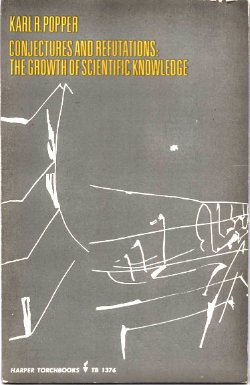Compiled By Vincent Cronin
From the introduction: “…With the portrayal of saints, on the other hand, artists have felt no nced to transcend the limitations of time and place. Such portraits accurately reflect the ciilization which gave them birth, without, however, being merely local or national. Hagio-iconography has scldom been tainted by chauvinism. St George, a martyr in Palestine, is patron saint of England, while St Nicholas is honoured no less in Italy than in Russia. I can remember my surprise and delight in finding a stained- glass window of St Thomas à Becket in a church in Sicily, and a picture of St Theresa of Lisieux in a peasant cottage in the depths of Yugoslavia. The portrayal of saints, though some may regard it as merely a side-line in the history of Western civilization, can actually claim to be one of its most central and distinctive features…”
Westminster. Newman Press. 1963. 381p.













